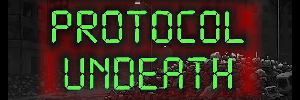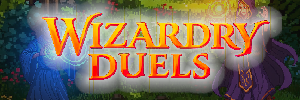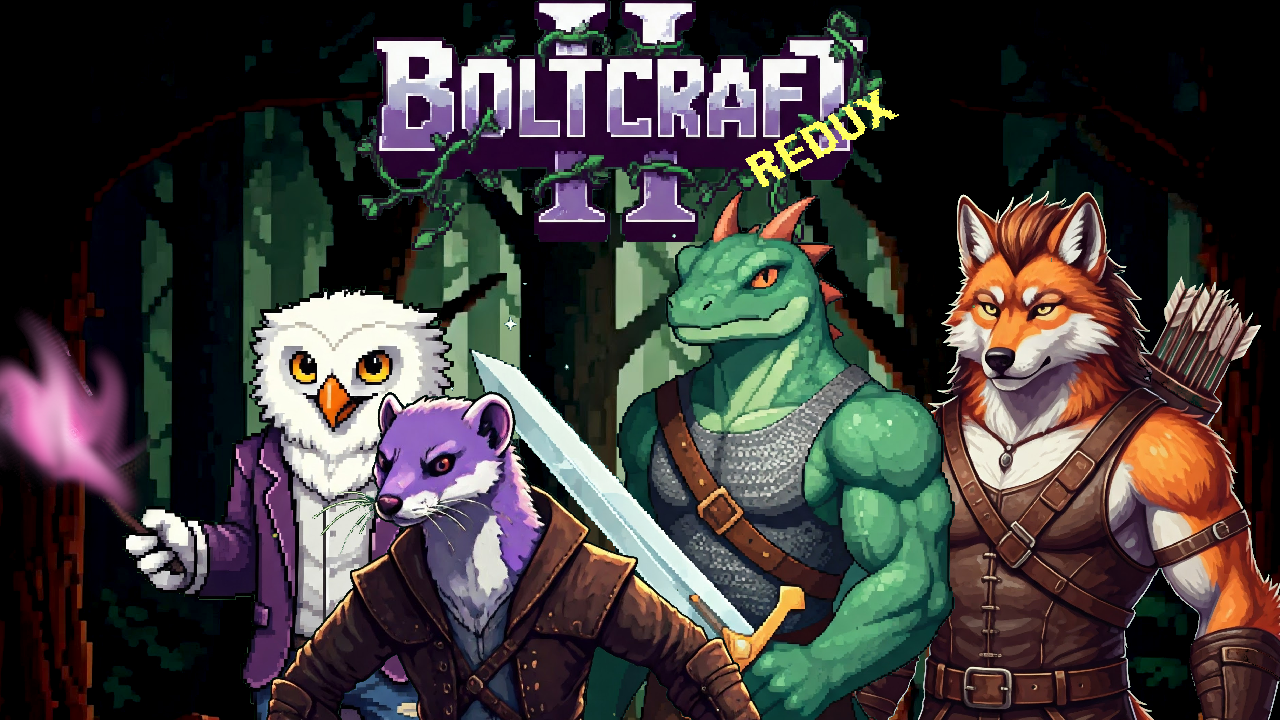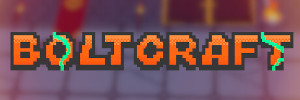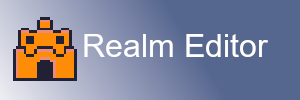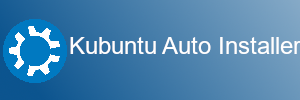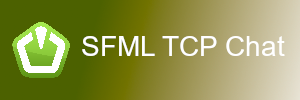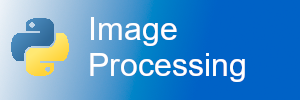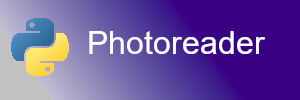Skills
BACKEND
• NodeJS (Express, PM2, Sequelize, Redis)• Python (Django / Selenium / TesseractOCR / gunicorn)
• C / C++ (CMake / Boost / ENet / SFML / Arduino)
• Java (Spring)
• PHP
• Delphi / Pascal
• Databases (MySQL / MariaDB / Firebird / SQLite)
FRONTEND
• ReactJS (Redux / Axios / MUI / Formik)• Javascript (Bootstrap / jQuery / AJAX)
DEVOPS
• Linux Server Management (SSH / bash / systemd / cron / netstat)• NGINX
• Supervisorctl
• Docker
• RabbitMQ
MISCELLANEOUS
• Game Development 🔗• AndroidStudio
• Amazon S3 / FTP
• Raspberry PI
• Data Structures
• OpenCV
• QT
• Chromium Embedded Framework (CEF)
Education
• Technical Degree in Computer Science
• Bachelor's Degree in Computer Engineering
• Post-Graduate in Cybersecurity and Data Governance
• Linux Server Management
Honors & Awards
• WINNER OF THE BEST PROJECT AT ETEC 2013. 🔍
• WINNER OF THE BEST PROJECT AT ENGETEC 2018. 🔍
• BEST STUDENT IN THE COMPUTER ENGINEERING CLASS. 🔍
• Student creates “Interpreter” of books for people with visual impairments - 2019. 🔗
• Project enables blind and illiterate individuals to read independently - 2019. 🎬
Experiences
• Developed a complete API for bulk message sending and receiving, allowing integration with other systems and scheduling messages for customer number lists. Used Python and Django Rest Framework for API development and implemented the service on an Ubuntu system with RabbitMQ and Gunicorn for daemon persistence.
• Designed and developed automated scripts and routines for backup and update processes on Ubuntu web servers using SSH, Bash commands, and crontab scheduling.
• Integrated webhooks to detect pushes from the main Git branch and notify about process completion or potential issues.
• Independently developed 2D games using C++ with the SFML library, some of which were officially released, including one published on Steam as an experiment.
• Designed and created a map editor for the early versions of my games. It utilizes the same map reading system to include terrains, rules, and elements, using the same resources as the game engine.
Languages
• Portuguese (first language)
• English (second language)
• Spanish (basic)



